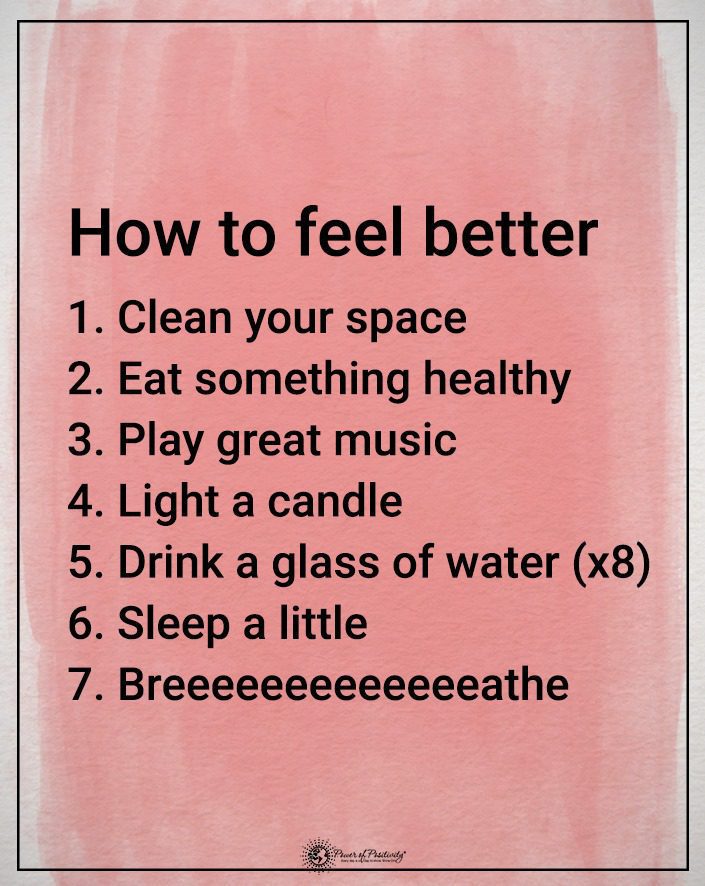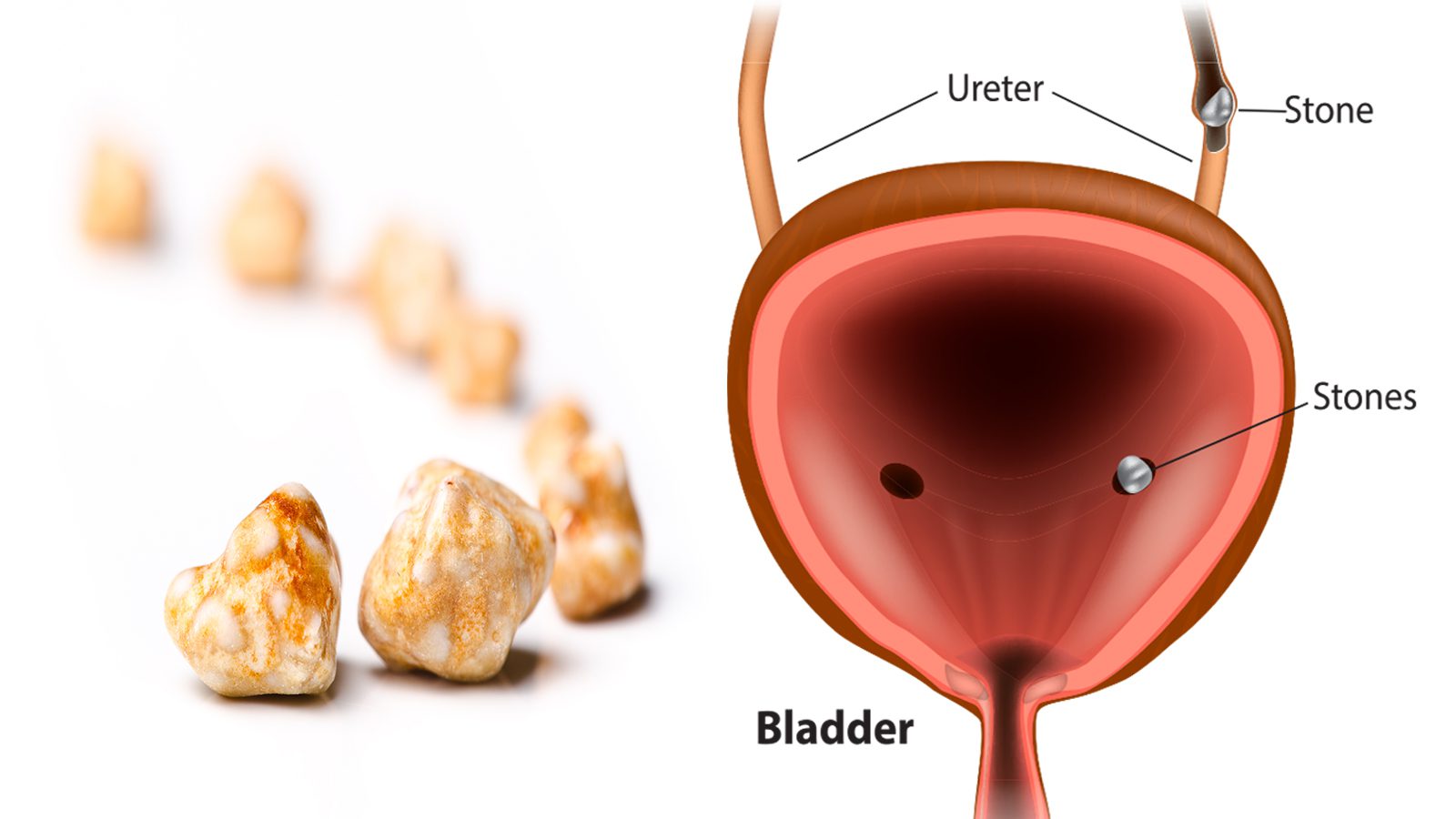Bladder stones are a painful and uncomfortable condition affecting many people worldwide. They begin as urinary crystals — small, solid particles in the urinary tract that form when minerals and waste products in the urine become too concentrated. These crystals can clump together and form larger stones, which causes a range of symptoms, including pain during urination, frequent urination, and blood in the urine. Someone with concentrated urine may also experience lower abdominal pain, incontinence, or difficulty urinating.
These stones may occur for various reasons, including dehydration, a UTI, enlarged prostate, kidney stones, and overeating protein. Also, a sedentary lifestyle, certain medical conditions, genetics, and prolonged use of a urinary catheter can increase the risk of developing them. Understanding the causes of bladder stones and taking preventive measures can significantly reduce the risk of developing this painful condition.
7 Causes of Bladder Stones

1 – Insufficient Hydration Can Cause Bladder Stones
One of the leading causes of bladder stones is dehydration. When dehydrated, your urine becomes more concentrated, increasing the risk of developing urinary crystals and stones. To prevent this, remain mindful of your water intake and hydration levels throughout the day. Aim to drink at least eight glasses of water daily, and more if you are physically active or live in a hot climate.
2 – Urinary Tract Infections (UTIs) Contribute to Bladder Stones
Urinary tract infections (UTIs) can also increase the risk of urinary stones. When bacteria enter the urinary tract, they can cause inflammation and irritation, which increases the risk of developing stones. To prevent UTIs, practice good hygiene, such as wiping from front to back after using the toilet and urinating after sexual activity.
3 – Bladder Outlet Obstruction
A bladder outlet obstruction can occur for various reasons, such as an enlarged prostate or a urethral stricture. When the bladder outlet becomes obstructed, urine can get trapped in the bladder, increasing its concentration and the risk of crystal formation.
As men age, it’s common for their prostate gland to enlarge, leading to many urinary tract issues, including the formation of stones. When the prostate gland enlarges, it can compress the urethra, the tube that carries urine from the bladder to the outside of the body. That can cause various symptoms, such as difficulty starting urination, weak urine flow, and needing to urinate frequently.
To prevent and manage bladder outlet obstructions such as an enlarged prostate, eat a nutritious, balanced diet and exercise often. Research shows being physically active and maintaining a healthy weight can improve prostate health and reduce the risk of urinary stones by lowering inflammation levels.
4 – High Concentration of Minerals
One of the most common causes of bladder stones is a high mineral concentration in the urine. When urine contains high levels of minerals like calcium, oxalate, and uric acid, it becomes more prone to crystallization and stone formation. This can occur due to several factors, including dehydration, certain medications, and dietary factors like consuming too much salt or animal protein. Eat plenty of fresh fruits, vegetables, grains, and low-fat dairy, and limit processed meat and sodium intake.
5 – Immobility and Sedentary Lifestyle
If you spend a lot of time sitting or lying down, you may be at increased risk for developing bladder stones. When you lead a sedentary lifestyle, your body doesn’t get the physical activity it needs to stay healthy. This can lead to numerous health problems, including urinary crystals and stones. Immobility causes your body to accumulate waste products and fluids, which can create mineral buildup in the urine.
Exercise for at least thirty minutes each day to avoid developing painful stones. That can include walking, running around your neighborhood, or doing a quick HIIT workout at home.
6 – Underlying Medical Conditions Can Lead to Bladder Stones
Certain underlying medical conditions, such as gout and hyperparathyroidism, can cause urinary stones. Gout is a type of arthritis that occurs due to excess uric acid in the body. This can lead to the formation of urate crystals, which can accumulate in the joints and cause pain and inflammation. However, uric acid may also collect in the bladder and lead to the formation of stones.
Hyperparathyroidism occurs when the parathyroid glands produce too much parathyroid hormone (PTH). This can lead to excess calcium in the bloodstream, accumulating in the urinary tract and forming stones. When calcium becomes concentrated in the urine, it may combine with other substances like oxalate or phosphate, forming painful crystals.
It’s essential to effectively manage any medical conditions you may have to maintain bladder health and overall well-being. Take prescribed medications, practice healthy lifestyle habits, and visit your doctor for regular checkups.
7 – Prolonged Use of Urinary Catheters
People who use a urinary catheter for an extended period also have an increased risk of developing stones. While catheters help with urine retention, they can cause infections or pain with long-term use. Catheterization can irritate the bladder and enhance the risk of developing a UTI, which can lead to stone formation. To prevent problems associated with catheters, use them only when necessary and follow proper hygiene procedures.
Healthy Habits and Tips for Preventing Bladder Stones
You can reduce your risk of developing painful stones by adopting healthy habits such as drinking plenty of water, exercising, practicing stress management, and eating a balanced diet.
Staying hydrated dilutes the urine, making it less likely for calcium and other substances to accumulate and form stones. Another prevention tip includes reducing the intake of high-calcium foods, such as dairy products and leafy greens, as they can lead to mineral buildup in the urine. Limit your consumption of these foods or pair them with oxalate-rich foods, like spinach and nuts, to enhance bladder health.
Reducing salt intake can also prevent stone formation since sodium increases the amount of calcium in your urine. Limit your consumption of processed foods and opt for fresh fruits and vegetables instead. Finally, physical activity can help regulate your metabolism and reduce your risk of obesity, a significant risk factor for bladder stones. Aim for at least thirty minutes of moderate exercise, such as brisk walking or cycling, most days of the week.
Even if you have a healthy lifestyle, you should still schedule annual wellness checks with your doctor for early detection and treatment of urinary stones.

Final Thoughts on Bladder Stones’ Prevention and Management
Urinary stones form when waste products and minerals accumulate in the urine, usually due to dehydration or a urinary infection. Other causes of bladder stone formation include an enlarged prostate, obesity, other medical conditions, a sedentary lifestyle, or kidney stones. While these stones can feel painful and uncomfortable, you can take steps to prevent them.
By staying hydrated, practicing good hygiene, maintaining a healthy weight, and being aware of potential risk factors, you can reduce your risk of developing them and enjoy a healthier, more fulfilling life. If you are experiencing any symptoms of bladder stones, such as pain or difficulty urinating, it is essential to talk to your doctor immediately. You can manage this condition and live a happy, healthy life with the proper treatment and care.





















